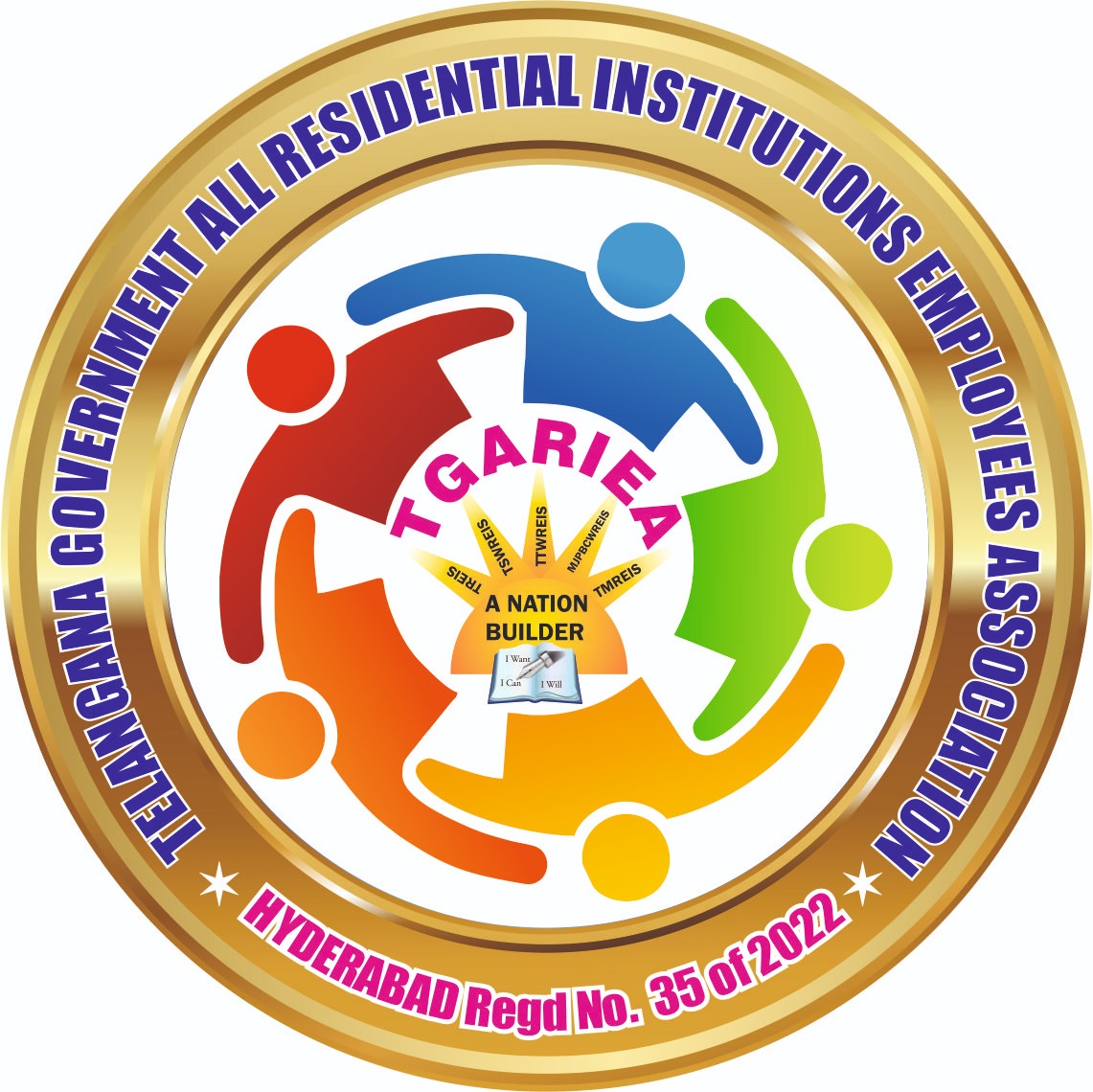Hyderabad: This article is in continuation to last article on syllabus and references for TSPSC Group I Mains Examination.

Paper-II–History, Culture and Geography
1. History and Cultural Heritage of Telangana
There are five units in this subject out of which the first unit is on ancient Telangana History (Satavahanas, Ikshvakus and Vishnukundins), the second unit is on Medieval Telangana History (Kakatiyas and QutbShahis) and the remaining three units are on modern Telangana History (AsafJahi). However, candidates must focus more on socio-cultural history as majority of the areas in the syllabus are related to this sphere
Suggested references – Telugu Akademi textbooks
2. Geography of India and Telangana
Geography has been included for the first time in Mains. There are five units in this subject out of which the first two units are on Indian Geography and the remaining three units are on Telangana Geography. Since this is going to be the first notification after the formation of the State, in order to get an idea of how questions may be asked, candidates are advised to go through previous years question papers of the UPSC Civil Services Mains.
Suggested References – NCERT textbooks of Class 6 to 12, Telugu Akademi books on Telangana Geography and Government websites for projects related information (such as Kaleshwaram project, Metro Rail project and so on).
Paper–III–IndianSociety, Constitution and Governance
The third paper in TSPSC Group I Mains deals with the following subjects, having a weightage of 50 marks per area:
1. Indian Society, Structure, Issues and Social Movements
This area has five units out of which nearly thirty percent of the syllabus is state related. Also, the topics in this area overlap with topics in polity, economy, development and change and formation of Telangana.
For example, corruption is mentioned in both society and governance; topics such as development and displacement form part of development and change. Candidates are therefore advised to read the syllabus, identify the topics that are mentioned under more than one subject and then start preparing so that there is no repetition first thoroughly. Ideally, one should first complete the core part of all the subjects and then start preparing on topics mentioned in more than one area in the syllabus. This will give clarity on how to approach such topics and will also save time.
Also, it is suggested to complete polity first and then start preparing for this area.
Suggested references
1. NCERT textbooks Class 11 and 12 of Sociology
2. Telugu Akademi book on Society and Social structure
2. Constitution of India
Polity is one of the core subjects for any competitive examination and is equally important for General Essay as well. It deals with the government, its formation, components, powers, functions and limitations. In short it is a detailed study of an area called Civics which was a part of Social Studies in schools. Candidates are suggested to complete History and Polity first as they are largely static and also are a major part of the syllabus.
Suggested references
1. NCERT Class 11 textbook – Constitution at work
2. Indian Polity by Laxmikanth
3. Our Constitution, Our Parliament and Our Political System by SubashKashyap
3. Governance
Governance is an extension of Polity. It deals with the functions of the authorities in government. This area should be studied only after completing Polity. Also, knowledge of current happenings is important for this area as it is dynamic in nature. On careful study of the syllabus, the candidates will understand that there are a few topics that are found in other areas as well.
Suggested references
1. Yojana on governance and good governance
2. Yojana and Kurukshetra on various topics mentioned in the syllabus such as women empowerment and so on
3. Government websites for details on PMO and other offices
To be continued…



